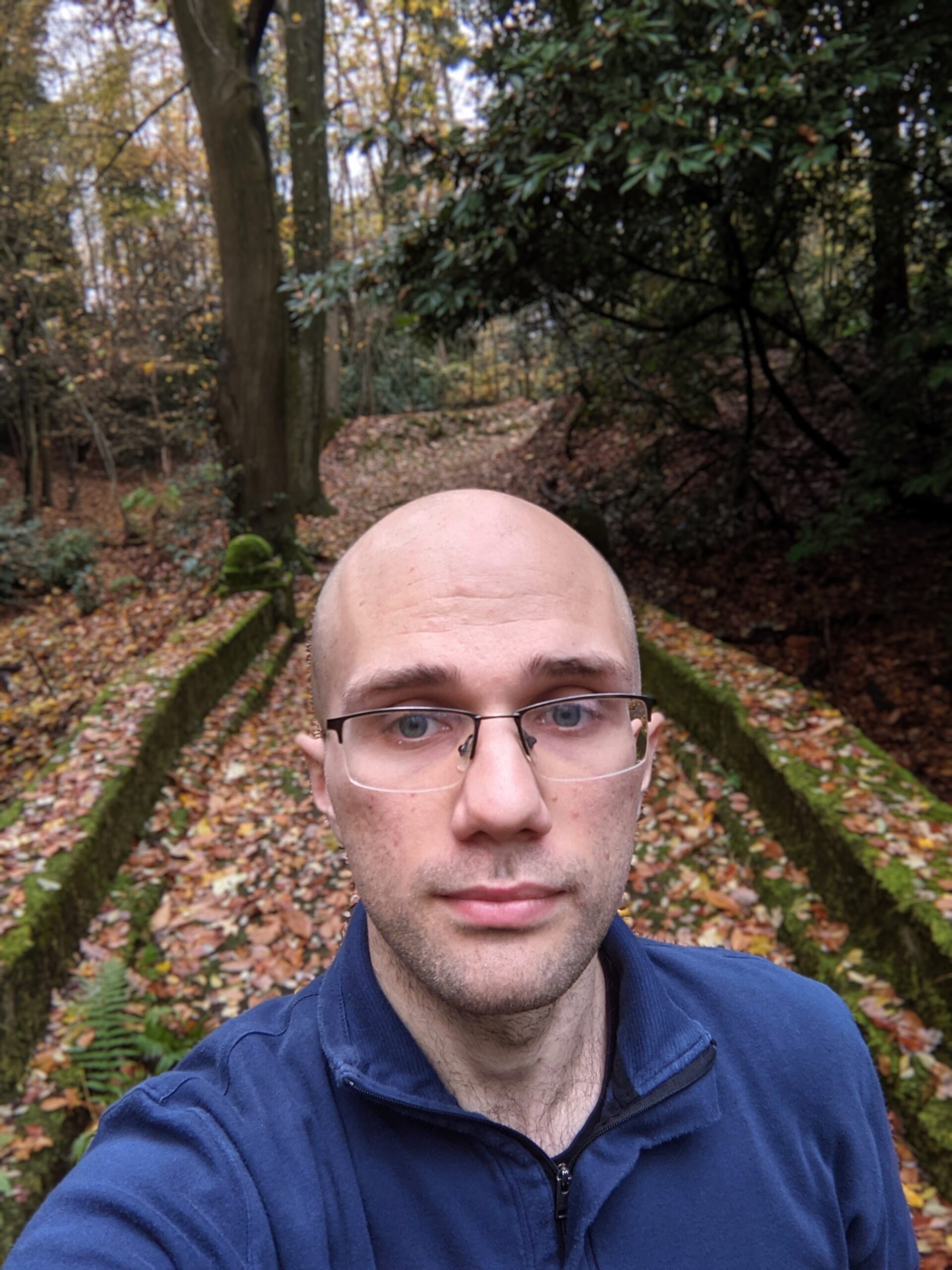
|
Media Release –
April 25, 2024
Canadian Mathematical Society |
DR. DAVID URBANIK RECEIVES THE 2024 CMS BLAIR SPEARMAN DOCTORAL PRIZE
OTTAWA, ON – The Canadian Mathematical Society (CMS) is pleased to announce that Dr. David Urbanik (Institut des Hautes Études Scientifiques) has been named the 2024 CMS Blair Spearman Doctoral Prize recipient. This prize was inaugurated to recognize outstanding performance by a doctoral student who graduated from a Canadian university.

Dr. Urbanik earned his PhD in Mathematics at the University of Toronto under the supervision of Dr. Jacob Tsimerman, who regards Urbanik as “the strongest graduate student [he has] had”. Dr. Urbanik’s research builds upon recent groundbreaking advancements in Hodge theory, infused with a distinctive arithmetic perspective. This approach has yielded fascinating results on algebraic cycles within the realm of arithmetic geometry, showcased both in his thesis and in his other publications.
Dr. Urbanik’s thesis work successfully establishes a new and direct pathway from complex analysis to arithmetic over finite fields. His thesis proves a finiteness result on arithmetic cycles over finite fields, demonstrating uniformity across primes—a feat deemed unattainable until recently. This achievement is attributed to Dr. Urbanik’s remarkable insight and mastery across diverse mathematical domains, and his adeptness in navigating and overcoming technical challenges with unwavering proficiency and speed.
The central theorem of Dr. Urbanik’s thesis is connected to a significant recent result of Baldi-Klingler-Ullmo. In their work, they establish that for polarized variations of Hodge structures with level of at least 3, the union of all positive-dimensional components of the Noether-Lefschetz locus—specifically, the locus of complex points in the base containing Hodge classes unable to be lifted to the geometric generic fiber—is not Zariski-dense.
Dr. Urbanik proves a modified version of this theorem (with an additional monodromy assumption) that extends to an arithmetic base S. For example, under similar conditions, if S is a finite type scheme over Z, Urbanik demonstrates that there exists only a finite number of primes p for which there is a positive-dimensional subscheme of the reduction Sp of S modulo p, over which X exhibits a family of algebraic cycles unable to be lifted to the generic fiber of X over S. In a more general context, Urbanik proves the non-Zariski density of the union of those components C within the locus in S where additional algebraic cycles emerge, with C having positive dimension over a prime.
Although Urbanik’s result and its proof share a similar conceptual foundation with that of Baldi-Klingler-Ullmo, there are notable distinctions in the approach, particularly because the original proof does not appear to be directly applicable in a mixed characteristic setting.
During his graduate studies, Dr. Urbanik demonstrated remarkable productivity, evidenced by numerous published papers. For instance, in a paper published in Journal of Differential Geometry, Dr. Urbanik delves into the question of whether images of period maps can be defined over number fields, culminating in an elegant finding: when S is smooth and S’ is replaced by its normalization, everything is indeed defined over number fields. Urbanik employs a sophisticated approach, amalgamating pivotal results such as Ax-Schanuel for variations of Hodge structures and the algebraicity of period map images, alongside ingenious constructions on algebraic groups. His strategy combines the fact that Shimura varieties are defined over a number field together with the same fact for certain equivalence relations defined by local lifts of the period map to the period domain. Central to this paper, as in Urbanik’s thesis, is the utilization of jet bundles, showcasing their efficacy in a variety of contexts.
In summary, Dr. Urbanik’s thesis represents a significant breakthrough in a challenging yet crucial domain. The methodologies forged within his thesis, as well as across his other contributions, are poised to yield numerous significant applications within the realm of arithmetic Hodge theory. The CMS is proud to award Dr. David Urbanik with the 2024 Blair Spearman Doctoral Prize.
About the CMS Blair Spearman Doctoral Prize
The CMS Blair Spearman Doctoral Prize recognizes outstanding performance by a doctoral student. The prize is awarded to one or two recipients of a Ph.D. from a Canadian university whose overall performance in graduate school is judged to be the most outstanding. Although the dissertation will be the most important criterion (the impact of the results, the creativity of the work, the quality of exposition, etc.) it will not be the only one. Other publications, activities in support of students and other accomplishments will also be considered.
For more information, visit the CMS Blair Spearman Doctoral Prize page.
About the Canadian Mathematical Society (CMS)
The Canadian Mathematical Society (CMS) is the main national organization whose goal is to promote and advance the discovery, learning and application of mathematics. The Society’s activities cover the whole spectrum of mathematics including: scientific meetings, research publications, and the promotion of excellence in mathematics competitions that recognize outstanding student achievements.
For further information, please contact:
| Dr. Termeh Kousha Executive Director Canadian Mathematical Society tkousha@cms.math.ca |
or | Dr. Maia Fraser (University of Ottawa) Chair, Doctoral Prize Selection Committee Canadian Mathematical Society mfrase8@uOttawa.ca |



